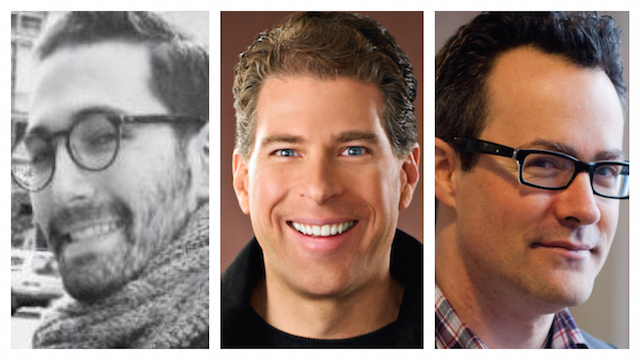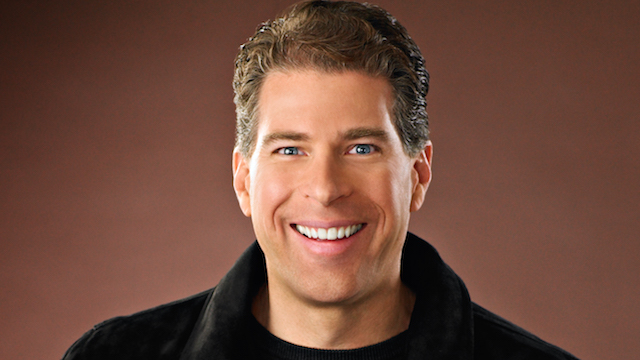Podcast: Play in new window | Download
Subscribe: RSS
The number of podcasts is mounting up.
More than two years since I penned my first post for the Telling The Story blog, I have also had the pleasure of producing 30 podcasts. Each one has enabled me to interview a journalist or storyteller from across the media landscape.
I looked back at the list a few weeks ago, and I saw a few recurring themes.
One: I have gravitated towards guests who explain why we act the way we do — not as storytellers, but as recipients of storytelling. These guests are not necessarily journalists in a traditional sense, but they have used an expanding number platforms to explore the subject.
Such brings us to Episode #31 of the Telling The Story podcast: a “Best Of” edition on how we behave.
You’ll hear snippets from previous episodes with the following guests:
Ryan Shmeizer, a venture capitalist by day, on why we love list-based articles: “Lists are so tempting because they present the illusion of a satisfactory quick fix … but I do think, sometimes, hard-core, factual information that is hard to digest is often well served in list form.”
Dr. Paul J. Zak, professor at Claremont Graduate University, on the science of storytelling: “If you don’t get my attention in about 20 seconds, you’re gonna have a much harder time. … Print, you actually have a longer period of time, because people’s expectations are that it’s going to take a while to get through a page of text. But I think this says that the first paragraph, or even the title, signals that something’s gonna happen here.”
Clive Thompson, freelancer for Wired, the New York Times, and others, on the rapid evolution of language in the early years of social media: “Because we’ve had this shift where so much more conversation is happening in the written form, I think it’s almost like an evolutionary pressure to push language forward.”

